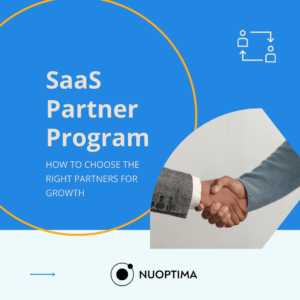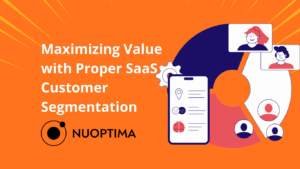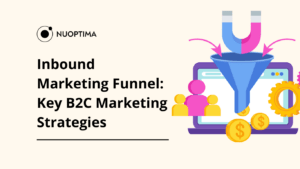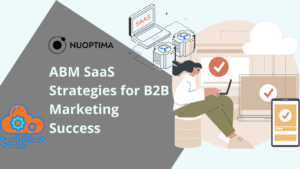In recent years, the B2B SaaS sector has become one of the world’s most important and fastest-growing industries. SaaS (Software as a Service) offers applications via the internet, eliminating organisations needing to install or maintain software on individual computers or servers. This shift towards cloud-based services has transformed the way businesses operate, offering them agility, scalability and cost savings.
The rise of B2B SaaS has reshaped traditional business processes. Previously, companies invested heavily in on-premises software, requiring significant upfront costs and ongoing maintenance. With the introduction of SaaS, businesses can now access sophisticated software solutions on a subscription basis, leading to predictable expenses and reduced overheads.
Moreover, the flexibility offered by B2B SaaS products allows businesses to adapt swiftly to changing conditions, ensuring they remain adaptable in a dynamic commercial environment. This versatility has been particularly crucial in recent times, with rapid technological advancements and evolving consumer behaviours requiring new operational approaches.
The B2B SaaS industry has not only redefined software accessibility but has also transformed business operations and mindsets. In this article, we’ll explore the leading players in this sector and their impact on modern business practices.
10 B2B SaaS Companies to Know
Salesforce

Salesforce is a global leader in customer relationship management (CRM) software, offering over 300 tools to help companies work more efficiently. With a focus on integrating AI, data and CRM, they provide solutions that drive sales and enhance customer satisfaction.
The platform is recognised for its usability in almost any department, industry and business size. For example, a sales team can use Sales Coud, which helps with forecasting, reports and lead management. At the same time, an HR professional can use the Salesforce Platform to design and build apps that connect data with employees,
Salesforce has also designed its products to be customised and assist with modernising operations, saving time and reducing business operation costs. Furthermore, their commitment to continuous learning and community building is evident through initiatives like Trailhead, which offers free guided learning paths for both Salesforce and digital skills.
- Pricing: Starts at $25 per month
- Capital raised: $65.4M
- Estimated customers: 150K companies
Notion
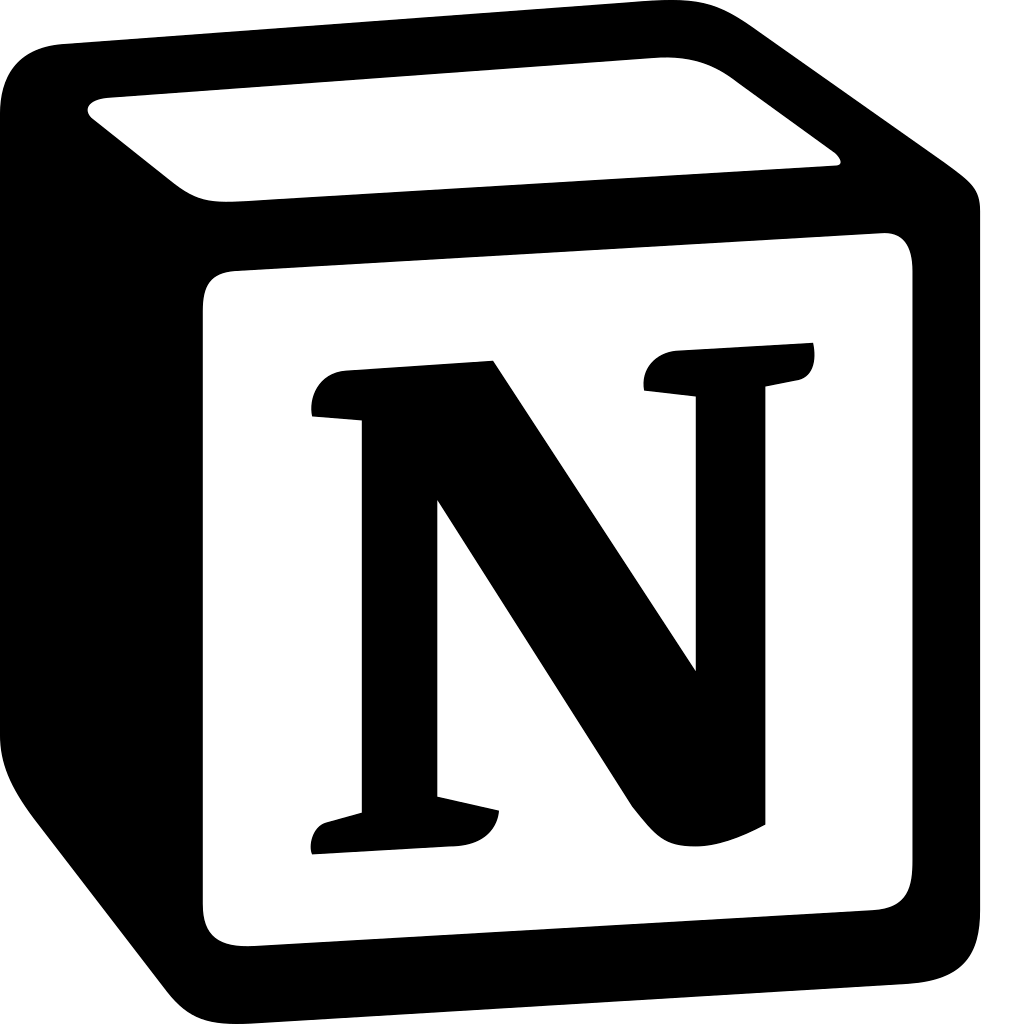
Notion has positioned itself as a comprehensive workspace solution, seamlessly integrating wikis, documents and project management tools. This platform is designed to centralise knowledge, facilitate communication and manage projects efficiently, eliminating the need for multiple disjointed applications.
There are four main features of Notion:
- Wikis – A place to store and share knowledge online with your team and publically
- Docs – Notes and docs design system
- Projects – A set of preconfigured databases for project management
- Notion AI – Writing assistant that helps with ideas, editing, summarising and much more
Notion’s adaptability is one of its standout features, with the platform being as minimalistic or as feature-rich as users require. Furthermore, the introduction of AI capabilities within Notion highlights its commitment to staying at the forefront of technological advancements. They have truly carved a niche for themselves as a go-to platform for collaborative work.
- Pricing: Free plan is available and then starts from $8 per month for more features
- Capital raised: $343.2M
- Estimated customers: 30M users
Shopify

Shopify has established itself as a leading global commerce platform, empowering entrepreneurs to sell both online and offline. With its user-friendly interface and hundreds of tools in its app store, Shopify is now used by 10% of all US eCommerce. The platform’s flexibility allows businesses to tailor their online presence, integrate various sales channels and leverage built-in marketing tools to reach a broader audience.
They aim to help merchants build and customise their online store and support them to sell anywhere and anytime (including via a website, social media, online marketplaces, brick-and-mortar and even in person). Furthermore, Shopify’s commitment to streamlining business operations is apparent in its centralised system, which offers real-time business insights, inventory management and payment tracking.
- Pricing: Starts at $29 per month
- Capital raised: $122.3M
- Estimated customers: 4.4M Shopify stores
Slack
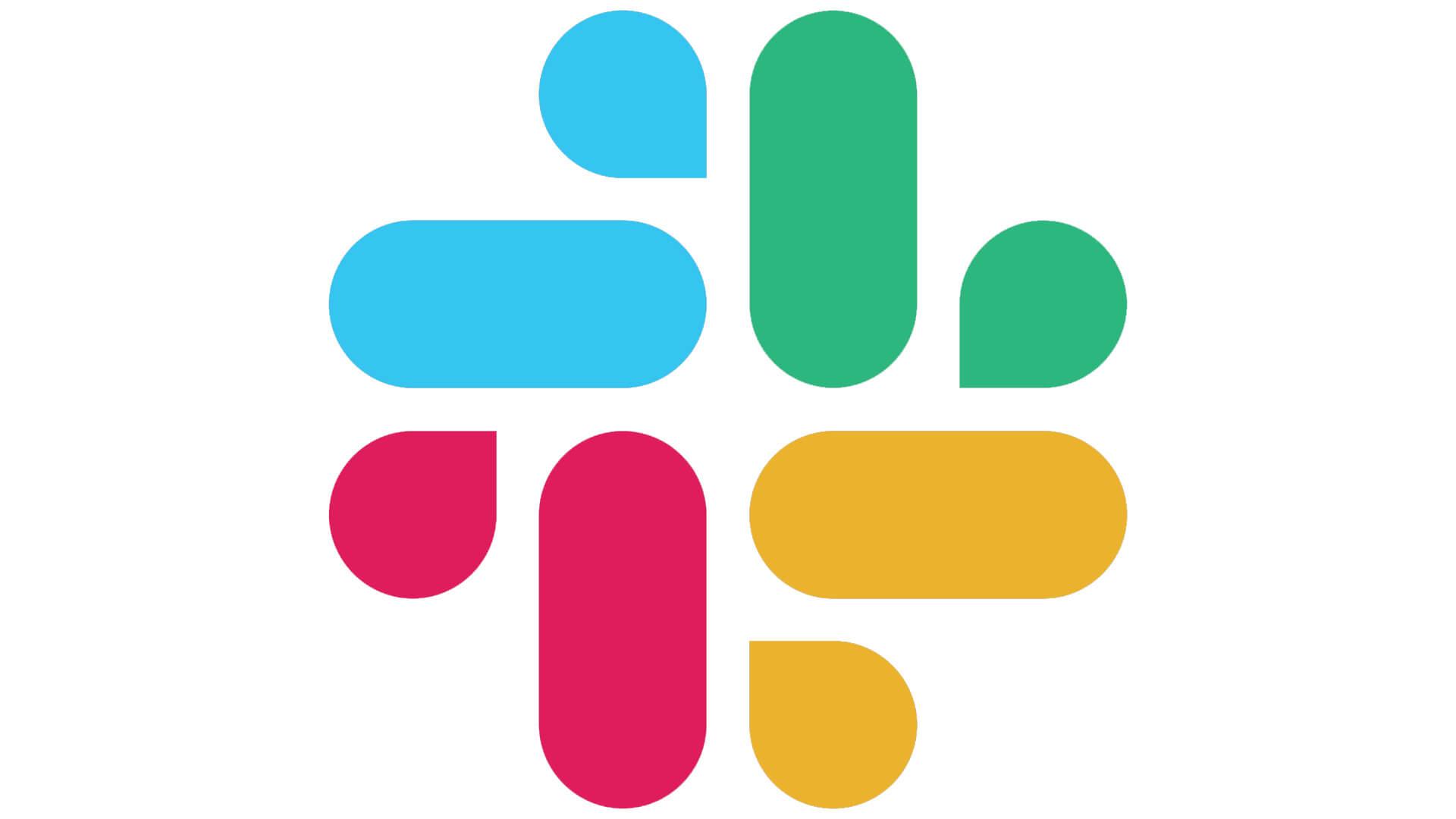
Slack has emerged as a transformative force in the realm of workplace communication. Serving as a productivity platform, Slack is designed to foster collaboration, improve communication and enhance overall efficiency. At its core, Slack utilises channels and organised spaces that facilitate seamless interactions across departments, offices and even different companies. This structure ensures that the right people are connected, irrespective of their geographical location or time zone.
Moreover, Slack’s features allow users to chat, send audio and video clips, or engage in real-time discussions. By integrating various work apps and offering tools like the Workflow Builder, Slack ensures that users can work faster and automate routine tasks, making it a preferred choice for both small teams and large enterprises.
- Pricing: Free plan is available and then starts from $7.25 per month to access more features
- Capital raised: $1.4B
- Estimated customers: 20M users
Mailchimp
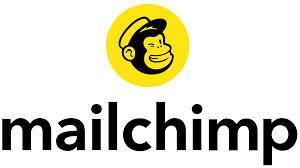
Mailchimp has firmly established itself as a premier platform for email marketing and automation. With its many features and over 300 integrations, Mailchimp aids businesses in crafting compelling email campaigns that foster deeper connections with their audience. They aim to assist with revenue growth through their email automation solution, detailed analytics and segmentation features. Moreover, Mailchimp’s emphasis on data-driven insights, such as customer lifetime value and likelihood to purchase segments, empowers businesses to make informed decisions, optimising their campaigns for maximum impact.
The platform is also able to work seamlessly with other SaaS providers, from eCommerce platforms like Shopify to visual design tools like Canva. This ensures that businesses have a holistic approach to their marketing efforts.
- Pricing: Free plan is available and then starts from $13 per month for more features
- Capital raised: Single seed round and acquired by Intuit for $12B in 2021
- Estimated customers: 13M users
ClickUp
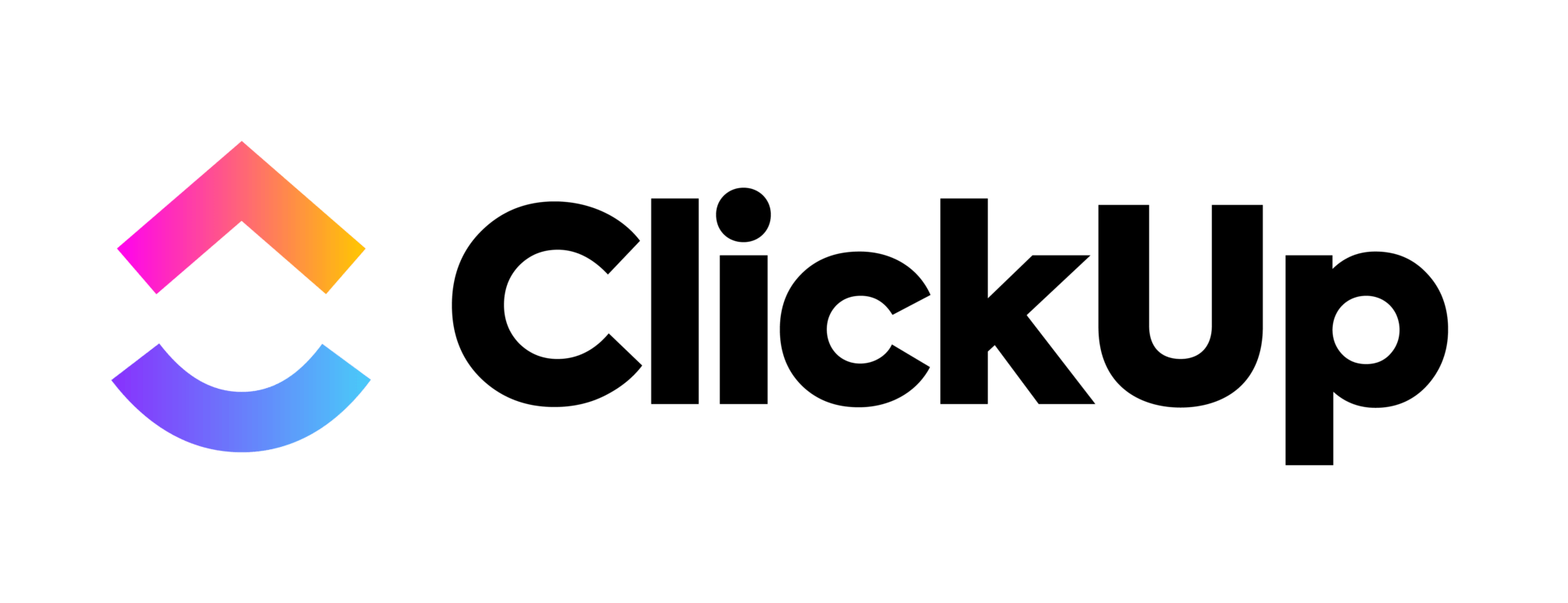
ClickUp has risen to prominence as a holistic workspace solution, aiming to consolidate various work tools into a singular platform. With features ranging from task assignments, statuses, alerts, communication and collaboration, ClickUp offers a unified space for teams to collaborate, manage projects and streamline operations. Its adaptability is evident in its ability to cater to diverse departments, be it in project management, engineering, sales, marketing or design.
The platform’s emphasis on real-time collaboration ensures that teams can work cohesively, irrespective of their geographical locations. Furthermore, ClickUp’s commitment to user support is impressive, offering round-the-clock assistance to its users, ensuring they make the most of the platform’s capabilities.
- Pricing: Free plan is available and then starts from $5 per user per month for more features
- Capital raised: $537.5M
- Estimated customers: 800K teams
Zapier
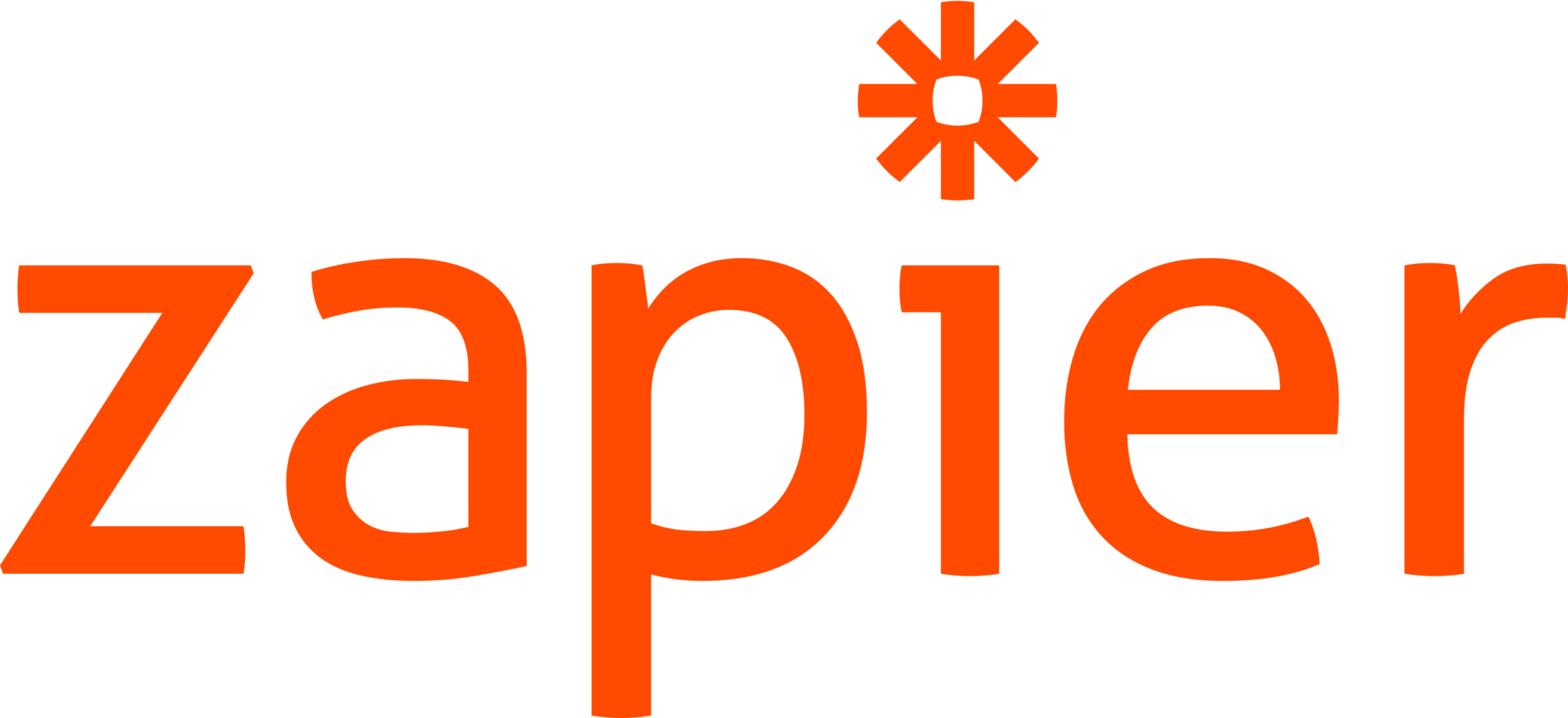
Zapier stands as a top player in the B2B SaaS industry, offering a platform that seamlessly connects disparate applications to automate workflows. By eliminating manual tasks, Zapier enables businesses to create integrated systems where apps communicate with each other, enhancing efficiency and productivity.
The platform’s strength lies in its vast library of integrations, supporting more apps than any other platform of its kind. This ensures that businesses, regardless of their operational scale or industry, can find the right tools to integrate and automate. With its user-centric approach, Zapier has become a popular tool for many in the workplace.
- Pricing: Free plan is available and then starts from $19.99 per month for more Zaps and features
- Capital raised: $1.4M
- Estimated customers: 2.2M customers and businesses
Ahrefs

Ahrefs has firmly established itself as an indispensable tool in the realm of SEO. With a suite of features designed to aid businesses in understanding and enhancing their online visibility, Ahrefs offers insights ranging from competitor analysis to keyword research. Their platform is backed by a decade of web crawling, amassing vast amounts of data to provide users with actionable insights.
Their commitment to data accuracy and depth has made Ahrefs a trusted choice for marketers and SEO professionals globally. Beyond just tools, Ahrefs also invests in educating its users with detailed, up-to-date learning materials available on their blog and YouTube channel.
- Pricing: Starts at $99 per month
- Capital raised: Zero raised in funding but is estimated to be worth $100M
- Estimated customers: 2.2M customers and businesses
Xero

Xero has carved a niche for itself as a leading cloud-based accounting software tailored for small to medium-sized businesses. With its intuitive interface and comprehensive suite of tools, Xero offers companies the ability to manage their finances, from invoicing to bank reconciliation, in real-time. The platform’s emphasis on accessibility ensures that users can access their financial data from anywhere, fostering informed decision-making.
This B2B SaaS solution has fantastic integration capabilities, allowing it to connect with over 1,000 third-party apps. This helps ensure businesses have a holistic approach to their financial management. In addition to their commitment to continuous improvement and user education, Xero has become a trusted brand and one of the most used accounting software in the world.
- Pricing: Starts at $13 per month
- Capital raised: $681.4M
- Estimated customers: 3.7M subscribers
DocuSign

DocuSign has emerged as a frontrunner in the digital agreement space, offering a platform that facilitates the preparation, signing, execution, and management of contracts and other documents. With its cloud-based eSignature solution, this B2B SaaS company has transformed traditional paper-based processes, enabling businesses to finalise agreements faster and more efficiently.
The platform’s versatility is evident in its wide range of integrations, ensuring seamless workflows across various applications. Furthermore, DocuSign’s commitment to improving security has helped set the standard of safeguarding user data and trusting digital documents.
- Pricing: Starts at $15 per month
- Capital raised: $536.2M
- Estimated customers: 1M users and 1B eSignatures transactions
Challenges Faced by B2B SaaS Companies
The B2B SaaS sector, while full of opportunities and success stories, is not without its fair share of challenges. One of the main obstacles is the intense competition. With so many companies offering similar solutions, differentiating your product becomes vital. This is further exacerbated by the fast pace of technological advancements, making it necessary for companies to constantly evolve and adapt.
Customer retention is another significant challenge. With subscription-based models, ensuring consistent value delivery is crucial to prevent customer churn. This requires a deep understanding of customer needs and the ability to pivot based on feedback. Additionally, the global nature of B2B SaaS means companies must navigate diverse regulatory landscapes, which can be complex and ever-changing.
Security has taken centre stage, with data breaches becoming more of a concern. Ensuring robust security protocols while maintaining user-friendliness can be a delicate balance to strike. Moreover, scaling operations, especially in diverse markets, requires a nuanced approach that respects local business cultures and practices.
Here are some of the ways the biggest B2B SaaS companies navigate these challenges:
- Differentiation: Top B2B software companies invest heavily in research and development to offer features or services that set them apart.
- Customer Engagement: They regularly use feedback loops and have proactive customer support to enhance user satisfaction and reduce churn.
- Regulatory Compliance: The best SaaS brands stay up-to-date on global regulatory changes and ensure complete compliance to prevent potential legal pitfalls.
- Security: A lot of time and money is put into top-tier security measures, and educating customers about best practices can mitigate risks.
Localisation: For global expansion, the best B2B SaaS companies understand and adapt to local business cultures to pave the way for smoother market entry and acceptance.
Although the B2B SaaS landscape is full of challenges, with the right strategies in place, there is room for new B2B SaaS companies to navigate and thrive in this ever-changing environment.
Future Trends for Top B2B SaaS
The B2B SaaS sector is poised for transformative shifts in the coming years, driven by technological advancements and changing business needs. Even the top B2B SaaS companies are having to get ready for these future trends.
Here are some predictions for the future of top B2B SaaS businesses:
- AI and Machine Learning Integration: As businesses seek smarter solutions, the integration of artificial intelligence (AI) and machine learning will become more prevalent. These technologies will enable B2B SaaS platforms to offer predictive analytics, automate routine tasks and provide more personalised user experiences.
- Decentralised Systems: With the rise of blockchain technology, there’s potential for the development of decentralised SaaS approaches. These systems can offer enhanced security, transparency and reduce the single points of failure.
- Sustainability and Green Computing: As environmental concerns grow, the SaaS industry will likely focus more on sustainable practices. This could include energy-efficient data centres and software optimised to reduce carbon footprints.
- Hyper-Personalisation: SaaS platforms offer users hyper-personalised experiences by leveraging big data analytics. This means services tailored to individual business needs, leading to increased efficiency and user satisfaction.
- Interoperability: As businesses use a variety of software solutions, the need for seamless integration and interoperability will grow. Open APIs and standardised protocols will become crucial for SaaS providers to ensure they can easily integrate with other systems.
- Edge Computing: With the increase of IoT devices, processing data at the edge (i.e. closer to where it is generated) will become more common. This will allow for faster data processing and reduced latency, enhancing the efficiency of SaaS applications.
The future of B2B SaaS is constantly evolving, with emerging technologies playing a pivotal role in shaping the landscape. Those that can adapt and innovate in line with these trends will likely stay on top, offering solutions that are not only efficient but also future-ready.
Conclusion
While our list of top B2B SaaS companies offers a glimpse into some of the most successful platforms, it’s only a glimpse into the many amazing software solutions. The industry is packed with noteworthy SaaS enterprises, each bringing its own flair to areas like video communication, design and beyond.
There is fierce competition between SaaS companies which means they need to continuously push for improvements and advancement. As cloud technology progresses, we anticipate the emergence of next-generation SaaS tools, particularly in areas like sustainable marketing and AI-driven platforms.
For businesses, the abundance of options means flexibility. They can select tools that align with their current requirements, knowing they have the agility to adapt as their operational needs evolve.
FAQ
B2B SaaS platforms provide cloud-based software solutions to other businesses. These services are accessed online, typically on a subscription basis, meaning companies no longer need to install or maintain the software on their own infrastructure.
One of the best-known B2B SaaS solutions is customer relationship management (CRM), like Salesforce, HubSpot and Monday. Other popular types of B2B SaaS uses include email automation, financial management and enterprise resource planning.
The exact number fluctuates due to the dynamic nature of the tech industry. However, with the continuous growth of the digital realm, thousands of B2B SaaS enterprises operate worldwide, ranging from startups to established giants.
B2B SaaS offers scalability, cost-effectiveness and flexibility. Businesses can access advanced software without hefty upfront costs, benefit from regular updates and scale their usage based on demand.
The B2B SaaS sector is a multi-billion-dollar industry, with its value projected to grow as digital transformation continues to dominate business operations. It is expected to reach $307 billion by 2026.
